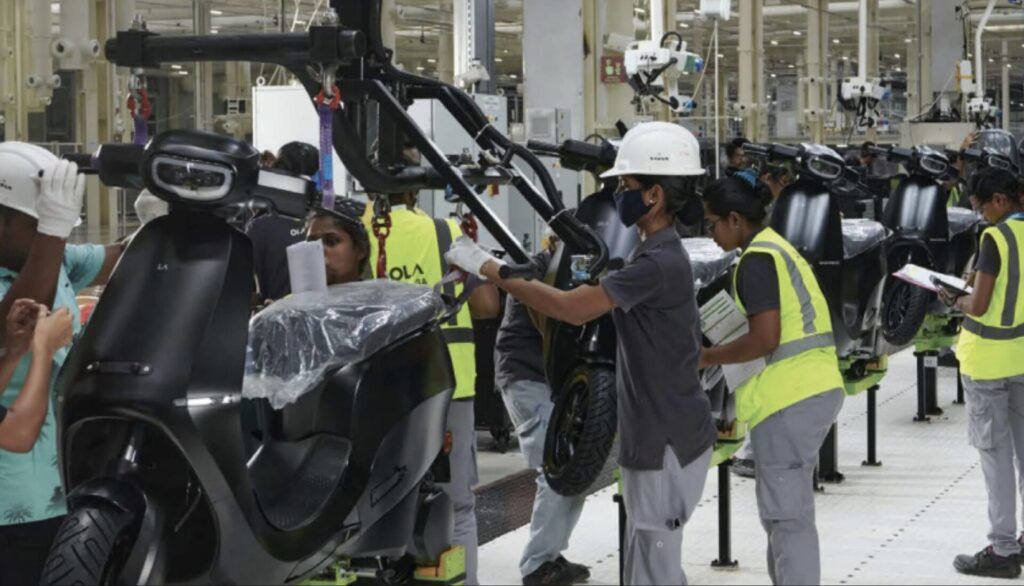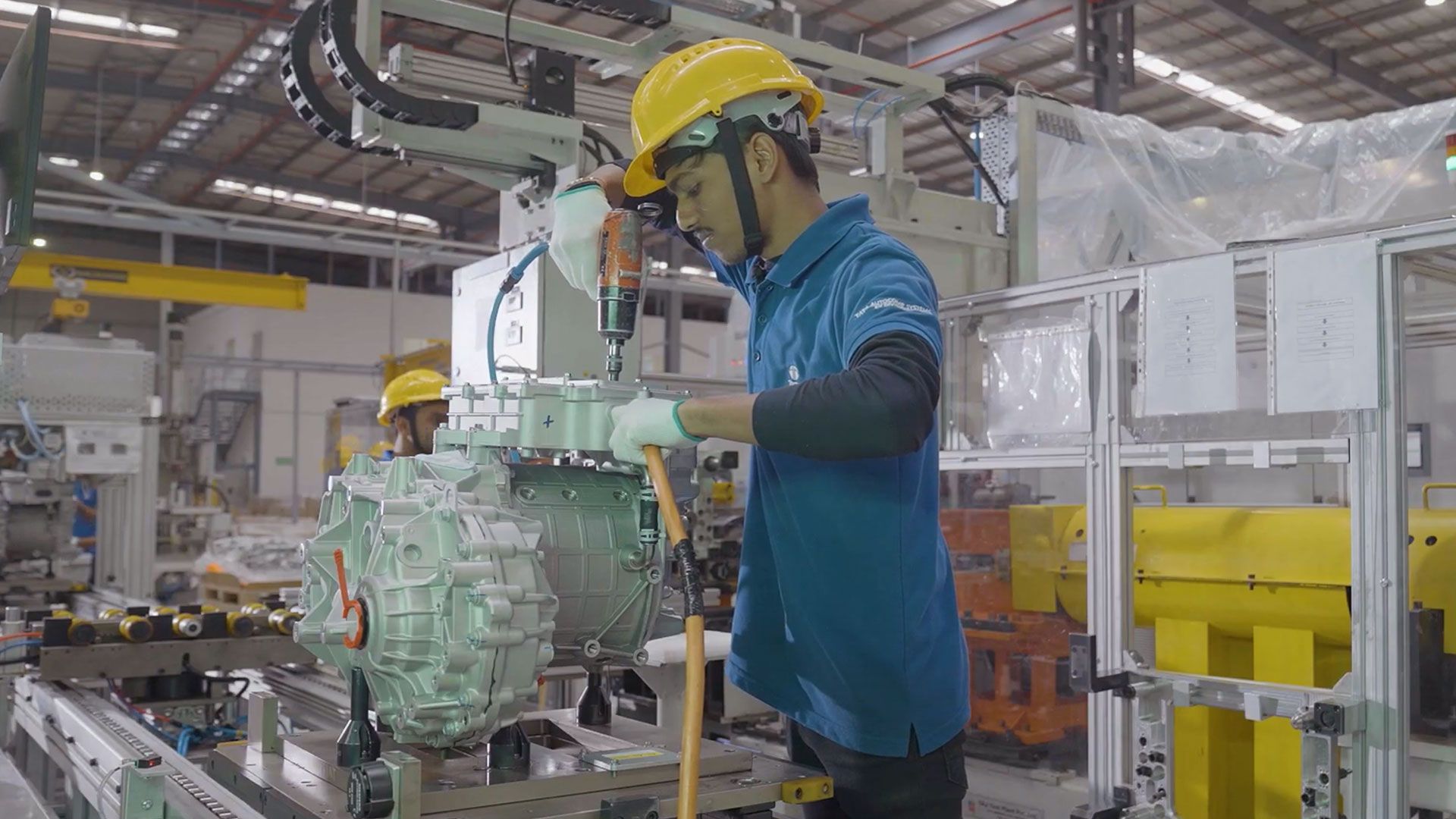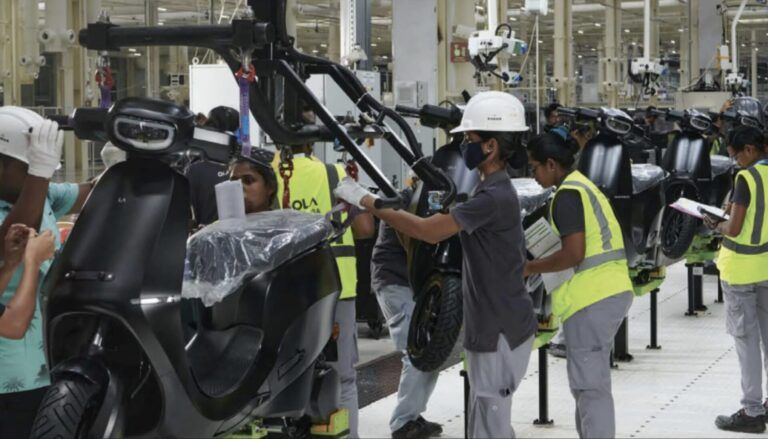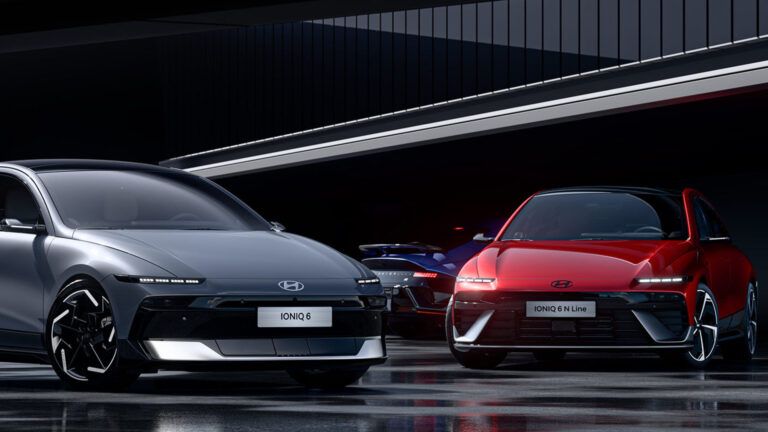The Ministry of Skill Development and Entrepreneurship predicts that electric vehicle firms in India will create 10 million direct jobs by 2030. Additionally, they foresee an extra 50 million jobs generated indirectly.
As the industries transition to electrification, it will be crucial to address the skill shortage to boost its expansion. Despite the promising outlook, concerns persist about the skill gap among today’s workforces. Currently, there is a short supply of specialized expertise in setting up, servicing, and repairing EV charging stations.
Today, educational institutions face challenges in meeting the skill needs of industries such as electric vehicles. That’s due to rapid tech advancement and constantly changing demands.
According to Subburathinam P, Chief Strategy Officer of TeamLease, educational institutions must revise their curricula to keep pace with industry needs. They should incorporate courses on battery technology, mechatronics, and charging infrastructure specific to EVs.

Support from Government and Private Sector
The government can promote skill development and support for vocational training centers specializing in EV technologies. Meanwhile, private sector efforts, including internal training initiatives, can nurture a skilled workforce in EV-related competencies. This will facilitate a smooth shift from conventional automotive manufacturing and servicing to EV production.
To bridge this deficiency, the Automotive Skills Development Council (ASDC), has initiated efforts to train India’s workforce in essential competencies. Additionally, ASDC offers programs focused on establishing benchmarks for Industry 4.0, encompassing Robotics and Electric Vehicle technologies.
Private firms can assess skill gaps, create customized development strategies, and assess their impact to enhance workforce proficiency. Moreover, they can offer career advancement prospects and performance-linked rewards. This will motivate employees to participate in these initiatives, promoting active learning engagement and retention within the company.

Adopting Training Models from Other Countries
India can close the skill gap in the EV sector by studying international frameworks. This includes:
- Implementing collaborative training models similar to Germany’s dual vocational system, which combines apprenticeships with vocational education.
- Promoting partnerships between the government and industry, following the U.S. example of supporting training initiatives developed in collaboration with EV manufacturers.
- Following China’s approach of prioritizing specialized higher education programs for electric vehicles. Moreover, encourage universities and tech institutes to offer dedicated courses and degrees focused on EV tech.
India relies more on labor-intensive methods compared to developed countries, which use more capital-intensive approaches. Therefore, it’s important to create a balanced environment that uses India’s workforce effectively while incorporating advanced technologies. This approach will help India’s workforce stay competitive and support the growth of the manufacturing sector during the shift to EVs.








